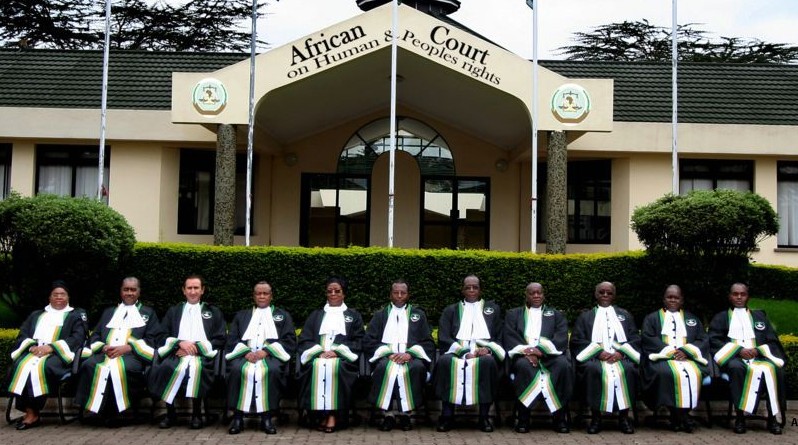By Catherine Ageno
The Uganda Law Society is increasing pressure on the government of Uganda to sign and deposit the declaration that allows individuals and NGOs direct access to the African Court on Human and Peoples’ Rights to enhance protection of human rights.
Uganda signed the protocol but without signing the declaration, citizens cannot file cases of rights violations before the Court. Article 34(6) declaration enables non-governmental organisations (NGOs) and individuals to access the Court directly.
According to the Uganda Law Society president Mr. Francis Gimara, Ugandans themselves must be empowered to begin pushing for the strengthening of such institutions through sensitization about the role of the Court in enhancing the protection of human rights in Africa.
He says the sensitization should focus on raising public awareness about on how to access the Court and the procedures before the Court; and encouraging the public to utilize the Court in settling human-rights disputes.
Mr. Gimara tells KFM that they are currently lobbying for a meeting with the foreign affairs minister on the same.
“Some ff the case load being handled decided at that Court is very relevant for domestic settings in Uganda and other East African countries and indeed African countries. We are lobbying because if you remember the ICC politics and all that i think the resolve of African leaders is that we strengthen African courts and the African Court is one of them”, said Mr. Gimara in an interview with KFM.
To further popularize the work of the Court among citizens of countries that have not ratified the Protocol and signed the declaration, the AfCHPR Court is also urged to consider having Sessions outside its seat in Arusha and make use of facilities of Regional Courts.
Tunisia is the latest to sign the declaration, becoming the eighth country to do so.
The declaration was signed on April 13th on behalf of the Tunisian government by the Minister for Foreign Affairs, H.E. Khemaies Jhinaoui during a visit to the country by the Court’s delegation led by The AfCHPR president Hon. Justice Sylvain Oré, to meet key officials and also conduct a sensitization seminar for stakeholders in Tunis.
Other countries that have previously signed it are Benin, Burkina Faso, Côte d’Ivoire, Ghana, Malawi, Mali and Tanzania.
Rwanda, which had signed, formally withdrew from the declaration last month, although the African Union Summit has urged the East African country to reconsider its position.







